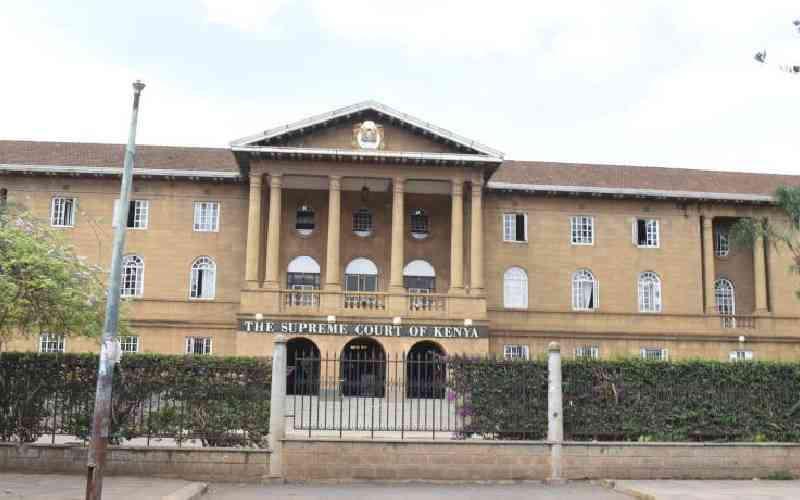×
The Standard e-Paper
Stay Informed, Even Offline

Sometime in 2018, Environment and Lands Court Judge Mary Muthoni Gitumbi stopped working.
She could not deliver her judgments in time, her cases were adjourned, and parties started complaining over her slow pace of work and constant absenteeism. Her colleagues kept wondering why she was burdening them with case backlogs.